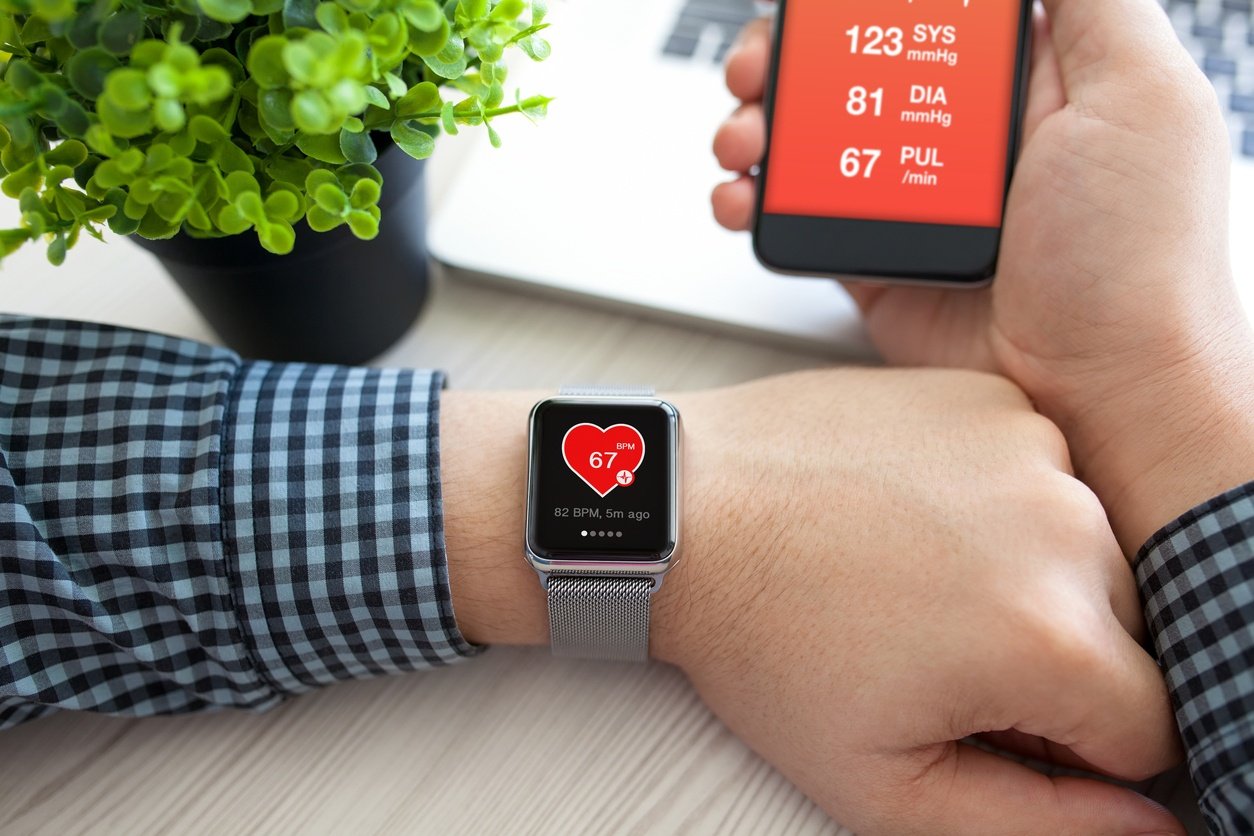
The way clinical trials use patient data is rapidly changing, revealing a need for increased privacy regulations and standardization across the industry.
As comprehensive data collection becomes an integral part of clinical trials, so do the issues of privacy and standardization. With the help of uniform guidelines, CROs and sponsors can protect patient information and ensure that researchers have access to accurate data.
Recent studies show that while many patients are concerned about sharing their data, they believe that the benefits generally outweigh the risks. As devices like wearables become more prevalent, increased regulations will help maintain patient confidence and help researchers deliver reliable results.
The Challenges of Data Collection
The EU’s General Data Protection Regulation (GDPR), which took effect in May, impacts the way that clinical trials can collect and process patient information. It also sets new standards for informed consent and transparency in how patients’ data will be used. The new regulations apply to all organizations that collect or process the personal information of EU residents, whether they’re based in Paris or Poughkeepsie.
Despite the increased focus on patient privacy, a new report by Stanford University researchers shows that most people who participate in clinical trials are willing to share their data with medical providers and even drug firms. Approximately 93% of those surveyed said that they were very likely or somewhat likely to allow their data to be shared with university scientists, and 82% were very likely or somewhat likely to allow their data to be shared with scientists at for-profit companies.
These participants were not immune to the effects of data breaches, however. 31% of respondents were somewhat or very concerned about having their personal information stolen, and nearly half of them had already experienced a breach of their data in another context. Despite these setbacks, fewer than 8% of those surveyed felt that the potential negative consequences of sharing their data outweighed the positives.
“We are rapidly moving toward a world in which broad sharing of participant-level clinical trial data is the norm,” the trial authors wrote.
Patients seem ready to accept this trend. In fact, most survey participants believe that sharing their data will help accelerate scientific discoveries and improve the accuracy of reported information.
Standardization in Wearable Devices
The rise of data collection coincides with the increased use of consumer wearables in clinical trials. These devices can help researchers collect information directly from patients instead of relying on site visits or self reporting.
Wearables thus have the potential to increase accuracy and gather valuable data over time. However, for many devices, the information collected varies widely depending on manufacturer, hardware, algorithm, or other factors.
“You get to the point where, if I don’t know the source and I don’t know the interpretation, I just don’t understand the data,” said Greg Plante, digital health and technology principal at IQVIA. “In some of these where they’ve at least done clinical validation of that structure – hardware to algorithm to data generated – you have some assurance, but even there, location of manufacturer, quality measures, the precision of that data can vary significantly.”
This unreliability has caused many healthcare professionals to call for increased standardization in wearables and other areas: “Without some efforts at standardization, and interoperability, and research that’s reproducible from one site to another and one device to another, it’s going to be really, really difficult to have the observations made by digital devices take on real meaning,” said Dr. Daniel Karlin, Pfizer’s head of clinical, informatics, regulatory strategy, digital medicine, and Innovation Research Lab.
To increase consistency, researchers will likely need to analyze the information generated by different devices and software versions to see how it compares. From there, they can develop a shared set of standards for data collection. Once wearable device companies adopt these standards, clinical trials will be able to use accurate and reliable patient information to make valuable long-term health evaluations.





